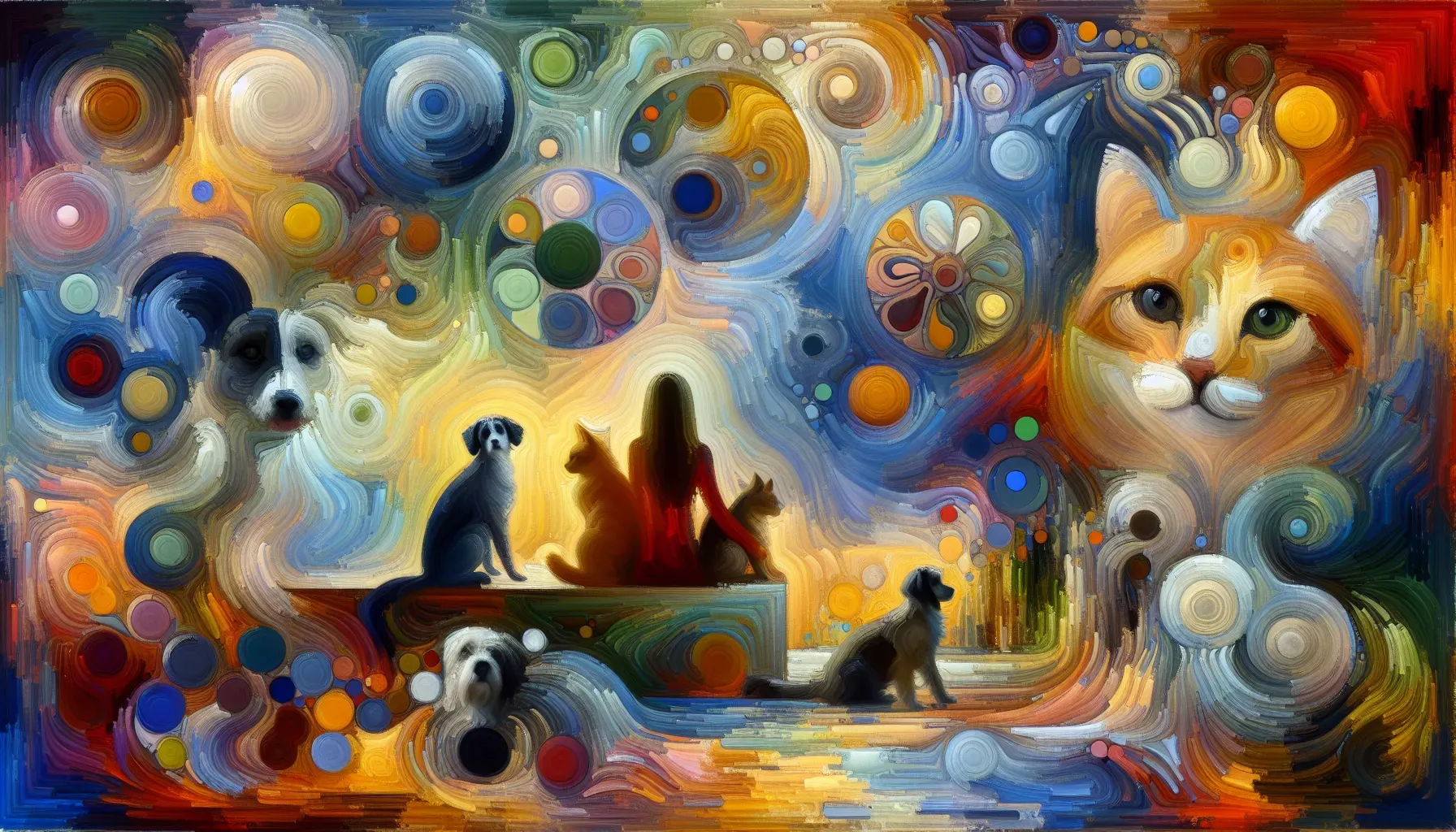
The bond between humans and their pets transcends boundaries, providing companionship, emotional support, and a sense of purpose. Within the context of neurodiversity, this bond takes on a particularly special significance, offering unique benefits and challenges. Neurodiversity encompasses a broad spectrum of individuals with varying neurological differences, including autism, ADHD, dyslexia, and other conditions. Here, we delve into the profound impact of pets on neurodiverse individuals and how fostering inclusive and supportive environments can enhance the well-being of both pet owners and their furry companions.
Exploring Neurodiversity and Pet Companionship
For neurodiverse individuals, forming deep connections with pets often comes naturally. Pets provide a source of unwavering companionship and non-judgmental understanding, offering a comforting presence that eases anxiety and provides emotional stability. Research has shown that interactions with pets can reduce stress levels, improve social skills, and enhance overall quality of life for individuals across the neurodiversity spectrum.
Nurturing Bonds Between Neurodiverse Individuals and Pets
In addition to emotional support, pets can also contribute to skill-building and routine development for neurodiverse individuals. The responsibility of caring for a pet encourages the development of empathy, patience, and communication skills, thereby fostering personal growth and empowerment. Moreover, the structured routines associated with pet care can provide a sense of stability and purpose in the daily lives of neurodiverse individuals.
How pets provide emotional support
The positive impact of pet companionship is particularly pronounced within the neurodivergent community. Many individuals on the autism spectrum or those diagnosed with ADHD report feeling an immense connection to animals, often expressing a deeper level of comfort and understanding in their presence. This bond can be attributed to the unconditional love and non-verbal communication that pets offer, promoting feelings of security and acceptance in neurodivergent individuals.
Skill-building through pet care
Pets also play an instrumental role in facilitating sensory regulation for individuals with sensory processing differences. The sensory stimulation derived from petting, cuddling, or interacting with animals can have a calming effect on hypersensitive individuals, serving as a valuable coping mechanism in overwhelming environments.
Related Article: The Promise of Remote Veterinary Care: Redefining Access to Healthcare for Pets Worldwide
Unconditional love and non-verbal communication
Creating an inclusive environment for neurodiverse pet parents involves fostering greater awareness and understanding within pet care communities. Pet-related establishments such as veterinary clinics, grooming facilities, and pet supply stores can implement measures to accommodate the specific needs of neurodiverse individuals. This may include providing sensory-friendly spaces, offering clear communication strategies, and embracing diverse communication styles to ensure that all pet owners feel supported in their interactions.
Sensory regulation through pet interactions
Furthermore, advocacy for accessible resources and information tailored to neurodiverse pet parents is essential in promoting inclusivity within the pet care industry. This can involve developing educational materials in multiple formats, incorporating visual supports, simplifying complex procedures, and offering personalized guidance to accommodate diverse learning styles.
Related Article: Embracing Change: A Veterinarian's Transition from Traditional to Holistic Pet Care Practices
Creating Inclusive Environments for Neurodiverse Pet Parents
In conclusion, recognizing the inherent value of pet companionship within the context of neurodiversity is pivotal in establishing nurturing and inclusive environments for both pets and their owners. By embracing the unique strengths and needs of neurodiverse individuals, the pet care industry can elevate its standards to better serve a diverse community of pet parents. Through empathy, education, and advocacy, we can collectively champion the well-being of all individuals within the pet care ecosystem.
Remember to visit Tails' Talks for more insightful content on pet care!
Frequently Asked Questions
Pets provide companionship, emotional support, and a sense of purpose for neurodiverse individuals. They help reduce stress, improve social skills, and enhance overall quality of life by fostering deep connections and offering non-judgmental understanding.
Pets assist in sensory regulation by providing calming sensory stimulation through interactions like petting and cuddling. This can be particularly beneficial for individuals with sensory processing differences, helping them cope in overwhelming environments.
Pet care environments can support neurodiverse pet parents by creating sensory-friendly spaces, using clear communication strategies, and accommodating diverse communication styles. This inclusivity ensures that all pet owners feel comfortable and supported during their interactions.
Check Out These Related Articles

Gene Editing for Tailored Pet Medicine: Charting its Transformative Influence and Ethical Repercussions Over Time

The Untold Perks of Regular Vet Visits: Insights from the Front Line




